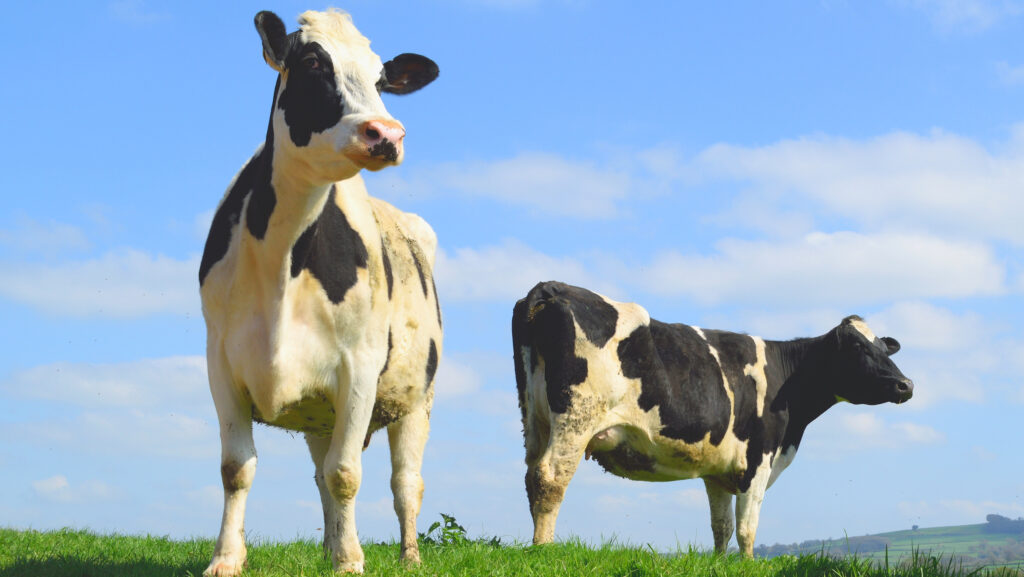Opinion: Supply chain players should understand each other
 © Adobe Stock
© Adobe Stock Here’s a column which is sort of about Farm Assurance, just in case you haven’t heard enough on the subject. First, though, my customary preamble to prove that this wasn’t written by ChatGPT.
My mum’s dad was our local village grocer. It was a shop which sold everything.
Cheeses cut to any size, roast ham by the slice, a gallon of paraffin or even (and their introduction caused uproar in 1987) packs of condoms – Granddad was socially progressive.
See also: Opinion – an alternative model for succession planning
He had a van like Wallace and Gromit’s and twice a week delivered shopping to housebound people. For young readers, it was a bit like Amazon Prime.
He was a trusted and popular servant of the local community and this style of retailing was the norm in rural parts of the UK until the 1960s.
A lot of people in our village didn’t start shopping in supermarkets until Grandad sold his business in 1989.
I have happy memories of helping out as a child, especially half-day closing when we would head to the Cash ’n’ Carry in his Granada Ghia with a trailer on the back and Karen Carpenter in the cassette player.
Thinking of this made me feel nostalgic for the days when business proprietors were on close terms with the people with whom they dealt.
Sure, life’s convenient now, you can order a linchpin online for 30p and get it delivered the next day, but what do you know about who made it or what their morals or personal hygiene are like?
This is why we have to have assurance schemes; to give us guarantees about the practices of suppliers who we will never know.
I get the theory, but the decline of human interaction in trading relationships has a serious downside – the loss of basic buyer diligence and disconnection in the supply chain.
This is painfully exemplified by situations such as Tesco marketing actual farm produce under fictional farm names or Ginsters hiring actors to play farmers in TV commercials.
It feels like we are intentionally being hidden from consumers. Can farmers be expected to do the best job they can if they don’t know who they are doing it for?
Another gripe of mine with farming accreditation is that we have to pay for our own certification. This isn’t how independent auditing ought to work.
You don’t let children mark their own exam paper. You had to swap with your neighbour for marking, remember?
If retailers and processors can’t be bothered to get to know us then, at the very least, they should be paying the wages of whoever does it for them.
I am pleased that not every retailer is like this. Recently, half a dozen other suppliers and I had dinner at Marks & Spencer HQ with Archie Norman and his executive team.
They genuinely wanted to learn how they could be a better partner to us.
M&S has always been a well-informed and experienced buyer of farm produce, which is how it sources the best produce.
As a supplier, I see a benefit too. When your customer knows what they are talking about, you can’t make excuses, you really have to focus on improving outcomes.
I can’t help feeling that there is a lesson from the past and that retailers and processors would benefit from getting to know their suppliers a bit better.

